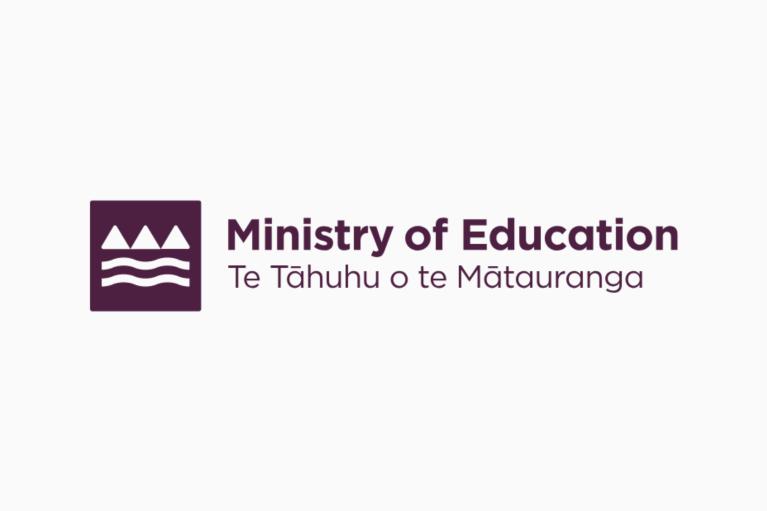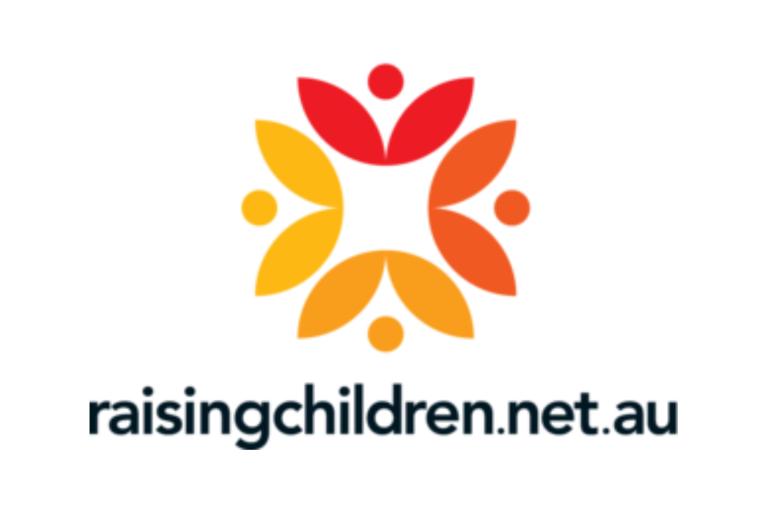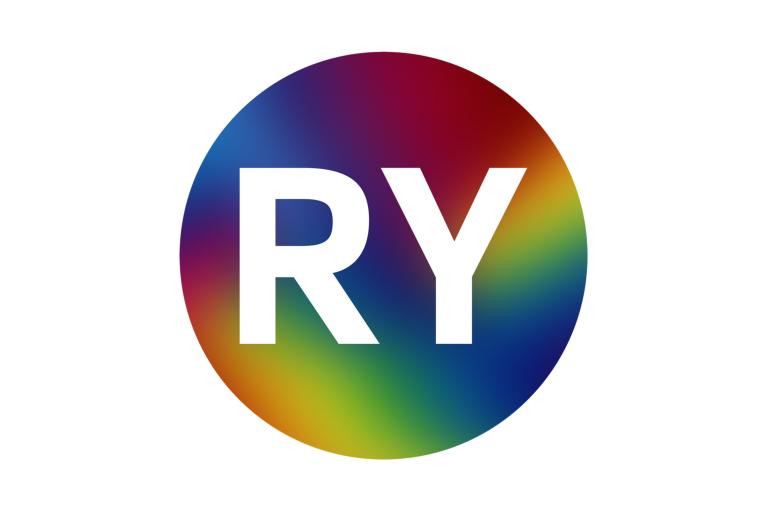Autism-tākiwatanga support information
Ngā kete tipuranga: the basket of growth and development
It can sometimes be overwhelming finding age-appropriate information on autism-takiwātanga. This page is designed to make it easier by tailoring information to youth aged 16 and older.
This page includes information about helpful organisations and links to useful websites. Topics covered include autism-takiwātanga in adulthood, education, and sexuality, gender and relationships.
How should people refer to a person diagnosed with autism-takiwātanga?
Takiwātanga means in his, her or my own time and space. It comes from a Māori phrase for autism - "tōku/tōna anō takiwā".
There is no single way of describing autism that everyone agrees on. People may refer to autism, autism spectrum, the spectrum and ASD. People with autism-takiwātanga often prefer to identify as autistic, an autistic person, a person with autism or as an autistic individual. In the health system, it's often called autism spectrum disorder (ASD).

Check out the Autism NZ website for a brief description on autism as well as some definitions.
Navigating resources and supports
Finding your way through autism-takiwātanga supports and information can feel overwhelming at times. The links below may help you find what you need, or to find someone to help you.

Autism NZ has resources on navigating the world of autism-takiwātanga, including information to help you understand autism-takiwātanga. The Autism NZ website has many resources for parents and whānau, including education resources.
Autism NZ has 16 branches nationwide - you can ring your local branch for individualised information and support.

Altogether Autism can provide personalised information packages for you - just click on the 'Ask us a question' box and fill in the online information request form. This website also contains many articles that are relevant to teenagers with autism-takiwātanga. Check out the information hub section on their website.
Education

Altogether Autism has a range of information on education and adulthood.
Check out Altogether Autism's information on how parents can get exam assistance for NZ special needs students as well as Special Assessment Conditions (SAC) for NCEA Exams: How to get free help with alternative evidence.
Ministry of Education

The Ministry of Education has general information on tertiary education, including the different options, student loans and allowances. It also has information on the different types of providers.
Find out more information on tertiary education and life after school.
Information on life after school is also available from some post-secondary school education providers, most which will have learning support available. Your school careers advisor or counsellor may also have more information.
Employment

Workbridge helps people with disabilities and other conditions find work and supports them in employment.
The organisation provides a range of free employment support services which are designed to suit each individual's needs.

CCS Disability Action offers employment and vocational services.
The organisation works with disabled people aged between 16 and 65, who are not currently in school and are looking to build their community connections or move into employment. It also offers a broad range of support services for disabled people, their family and whānau.
Find out more about CCS Disability Action's employment services
Sexuality, gender and relationships
Some young adults and their whānau (families) find they want information and support on how to manage aspects of puberty, sex education and gender identity.

The Australian Raising Children website has information on these topics. The information is mainly aimed at parents of autistic young people. Keep in mind not all services described on this site will be available in New Zealand.

Sexual Wellbeing Aotearoa has a range of information and resources for young people and their families. Check out the 'advice' section on their website to read about a range of topics, including sexuality and consent.
Visit Sexual Wellbeing Aotearoa
See Sexual Wellbeing Aotearoa's information for parents and whānau

There is a variety of information on gender and sexuality on the Rainbow Youth website. Rainbow Youth also offers a support service and social groups at a number of locations throughout Aotearoa.
Social support for young people with autism-takiwātanga
Many youth with autism-takiwātanga need support to develop social skills and friendships.
Some social skills-focused groups that might be useful include:
- music or dance groups
- youth groups
- physical activity, gymnastics, climbing or sports groups
- Lego groups
- social conversation and speaking development groups
- special interest groups
Contact your local Autism NZ outreach coordinator or Altogether Autism coordinator for more information about groups in your area.
Cultural support

Talk to your iwi or hapu about what support they may be able to provide. For help with finding your iwi website, head to the Te Puni Kōkiri website. Once there, you can find your iwi by searching on the map function. Click on the iwi, then on 'Representative Organisations' - this will give you a website address and contact details for your local iwi.

Pasifika Autism Support Group is for parents and carers of children and youth with autism-takiwātanga. The group aims to meet every term and also operates a Facebook page.
Other useful information

Your local NASCA organisation helps with respite care and carer support. If your situation has changed since your last assessment, please discuss this with your NASCA organisation. If you have a carer support allocation, this may need updating.
Needs Assessment Service Coordination (NASC)
Explore (HealthCare NZ) offers a range of services for children with autism-takiwātanga and their families. They provide a range of services.
Targeted Parenting Support programme
This programme helps parents develop specific skills and goals.
A service to help parents and whānau manage challenging behaviour.
Free online courses to help you understand your child's behaviour, communicate with them and develop strategies.
QR code poster
To give others easy access to KidsHealth's autism-takiwātanga content, you can share a QR code poster. Anyone can scan the QR code with their smartphone and go straight to KidsHealth's age-specific information on autism-takiwātanga.
Preview

